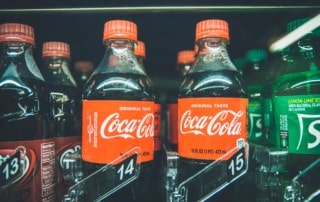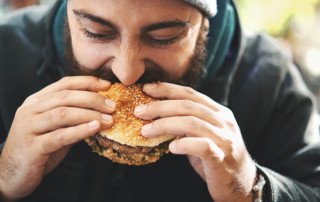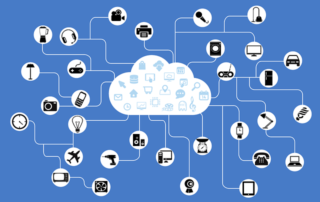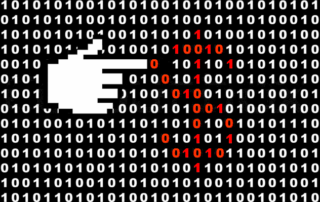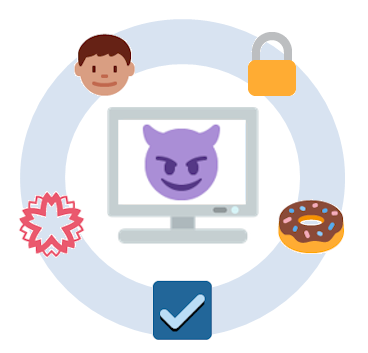Why We Use Less Information Than We Think to Make Decisions
How much information do you need to make up your mind? Our research in various domains of decision making shows that we make decisions more quickly and based on less information than we think. This has important implications in an age in which information is plentiful.




